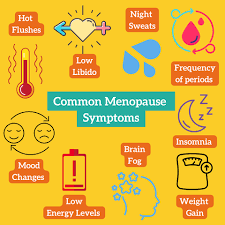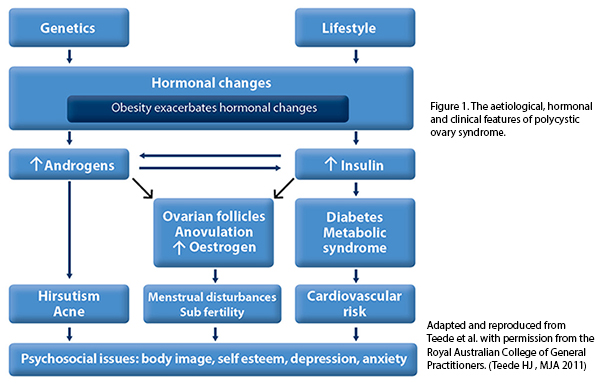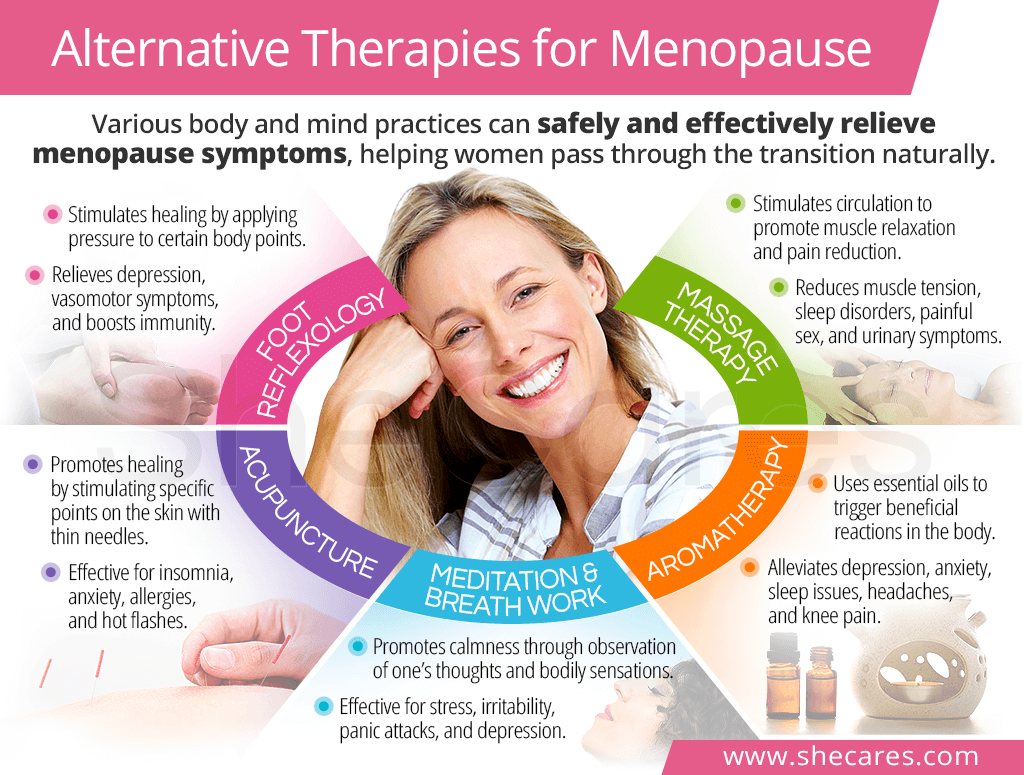
Managing Menopause: Tips for a Smooth Transition
Menopause is a natural phase in a woman’s life, signifying the end of her reproductive years. This transition is marked by hormonal changes that can bring about a variety of physical and emotional symptoms. Understanding and managing menopause is essential for a smoother experience. In this article, we will explore the various aspects of menopause and provide practical tips to help women navigate this phase with grace and ease.
1. What is Menopause?
Menopause is defined as the permanent cessation of menstruation and marks the end of a woman’s reproductive ability. It typically occurs between the ages of 45 and 55, with an average age of around 51.
1.1 Perimenopause: The Lead-Up
Perimenopause is the period leading up to menopause. During this time, hormone levels fluctuate, and women may experience irregular periods and various symptoms.

2. Common Menopausal Symptoms
Understanding the symptoms is the first step to managing menopause effectively. Some common symptoms include hot flashes, night sweats, mood swings, and vaginal dryness.
2.1 Physical Symptoms
Physical symptoms can vary in intensity and duration, making them a significant aspect of menopause management.
2.2 Emotional Symptoms
Emotional symptoms like mood swings, anxiety, and depression can have a profound impact on a woman’s overall well-being.
3. Hormonal Changes
Hormonal changes, particularly a decrease in estrogen, are at the core of menopausal symptoms. Understanding these changes is crucial.
3.1 Hormone Replacement Therapy (HRT)
HRT is a medical approach to manage hormonal imbalances during menopause.

4. Lifestyle Modifications
Making certain changes in your lifestyle can help alleviate menopausal symptoms and improve your overall quality of life.
4.1 Diet and Nutrition
A well-balanced diet rich in calcium and other nutrients is essential.
4.2 Exercise
Regular physical activity can help with weight management and reduce the risk of osteoporosis.
4.3 Stress Management
Stress can exacerbate menopausal symptoms, so it’s vital to incorporate stress-reduction techniques.

5. Alternative Therapies
Many women explore alternative therapies and natural remedies to manage menopause symptoms.

5.1 Herbal Supplements
Herbs like black cohosh and red clover are thought to help alleviate symptoms.
5.2 Acupuncture
Acupuncture may provide relief from hot flashes and other symptoms.
6. Vaginal Health
Vaginal dryness is a common symptom during menopause, which can affect a woman’s comfort and intimacy.
6.1 Lubricants and Moisturizers
Using vaginal lubricants and moisturizers can help combat dryness.
7. Bone Health
Estrogen plays a role in maintaining bone density. Menopause-related hormonal changes can increase the risk of osteoporosis.
7.1 Calcium and Vitamin D
Consuming sufficient calcium and vitamin D can help support bone health.
8. Heart Health
The risk of heart disease can increase during and after menopause, making heart health a priority.
8.1 Regular Check-ups
Regular medical check-ups are crucial for monitoring heart health.

9. Sleep
Sleep disturbances are common during menopause. Addressing them is essential for overall well-being.
9.1 Sleep Hygiene
Creating a comfortable sleep environment and following good sleep hygiene practices can help.

10. Communication
Open and honest communication with your healthcare provider is key to managing menopause effectively.
10.1 Questions and Concerns
Don’t hesitate to discuss your symptoms and concerns with your healthcare provider.

11. Support System
Having a strong support system of family and friends can make the menopausal journey more manageable.
11.1 Online Communities
Online support groups and forums can connect you with others going through menopause.
12. Acceptance
Accepting the changes that come with menopause is a vital step towards a smooth transition.
12.1 Self-Care
Prioritize self-care to nurture your emotional well-being.
13. Celebrating New Beginnings
Menopause marks a new phase in life, where you can focus on your personal growth and well-being.
13.1 Setting New Goals
Embrace this phase as an opportunity to set new goals and pursue your passions.
10. Communication
Open and honest communication with your healthcare provider is key to managing menopause effectively.
10.1 Questions and Concerns
Don’t hesitate to discuss your symptoms and concerns with your healthcare provider.

10. Communication
Open and honest communication with your healthcare provider is key to managing menopause effectively.
10.1 Questions and Concerns
Don’t hesitate to discuss your symptoms and concerns with your healthcare provider.

5. Alternative Therapies
Many women explore alternative therapies and natural remedies to manage menopause symptoms.

5.1 Herbal Supplements
Herbs like black cohosh and red clover are thought to help alleviate symptoms.
5.2 Acupuncture
Acupuncture may provide relief from hot flashes and other symptoms.
5. Alternative Therapies
Many women explore alternative therapies and natural remedies to manage menopause symptoms.

5.1 Herbal Supplements
Herbs like black cohosh and red clover are thought to help alleviate symptoms.
5.2 Acupuncture
Acupuncture may provide relief from hot flashes and other symptoms.
